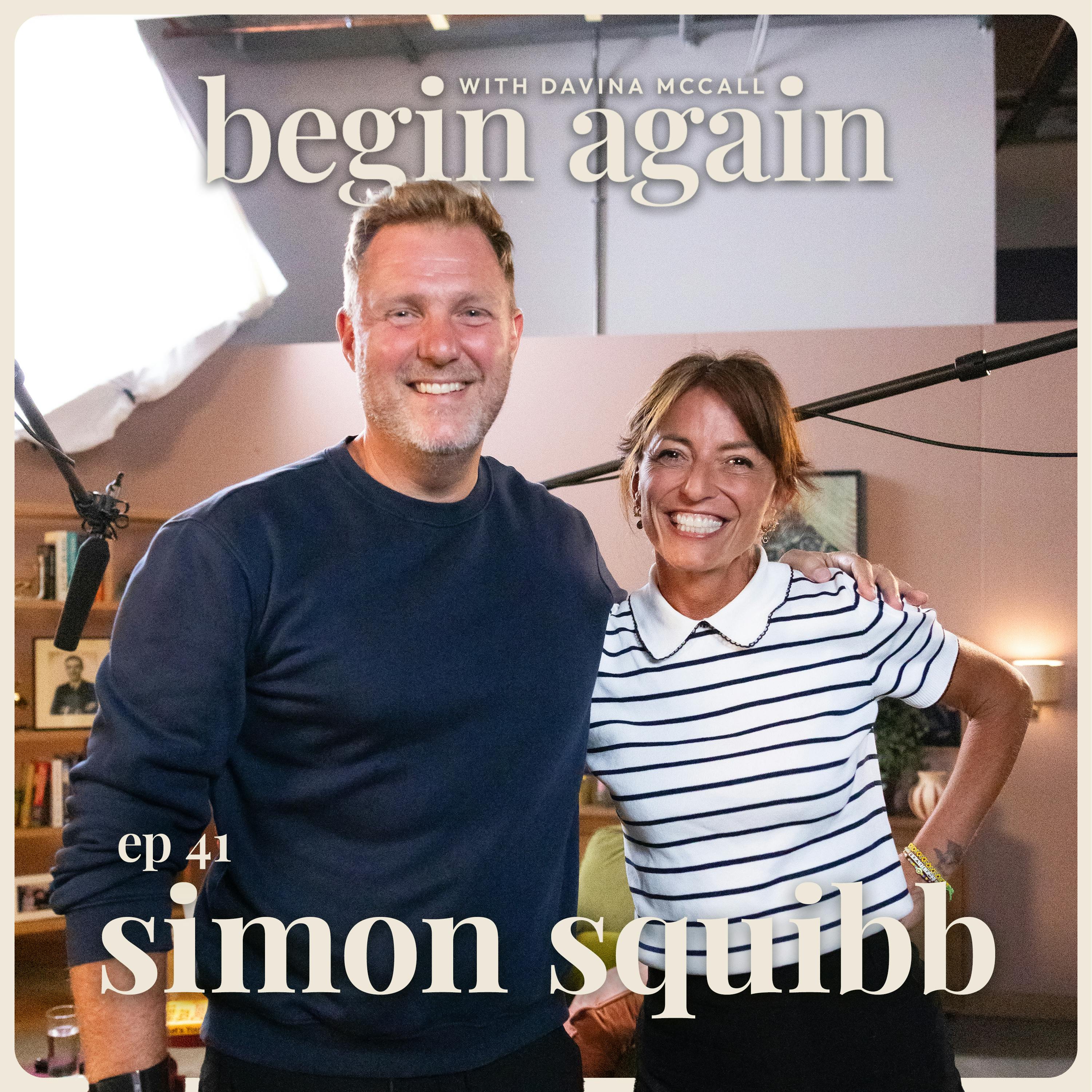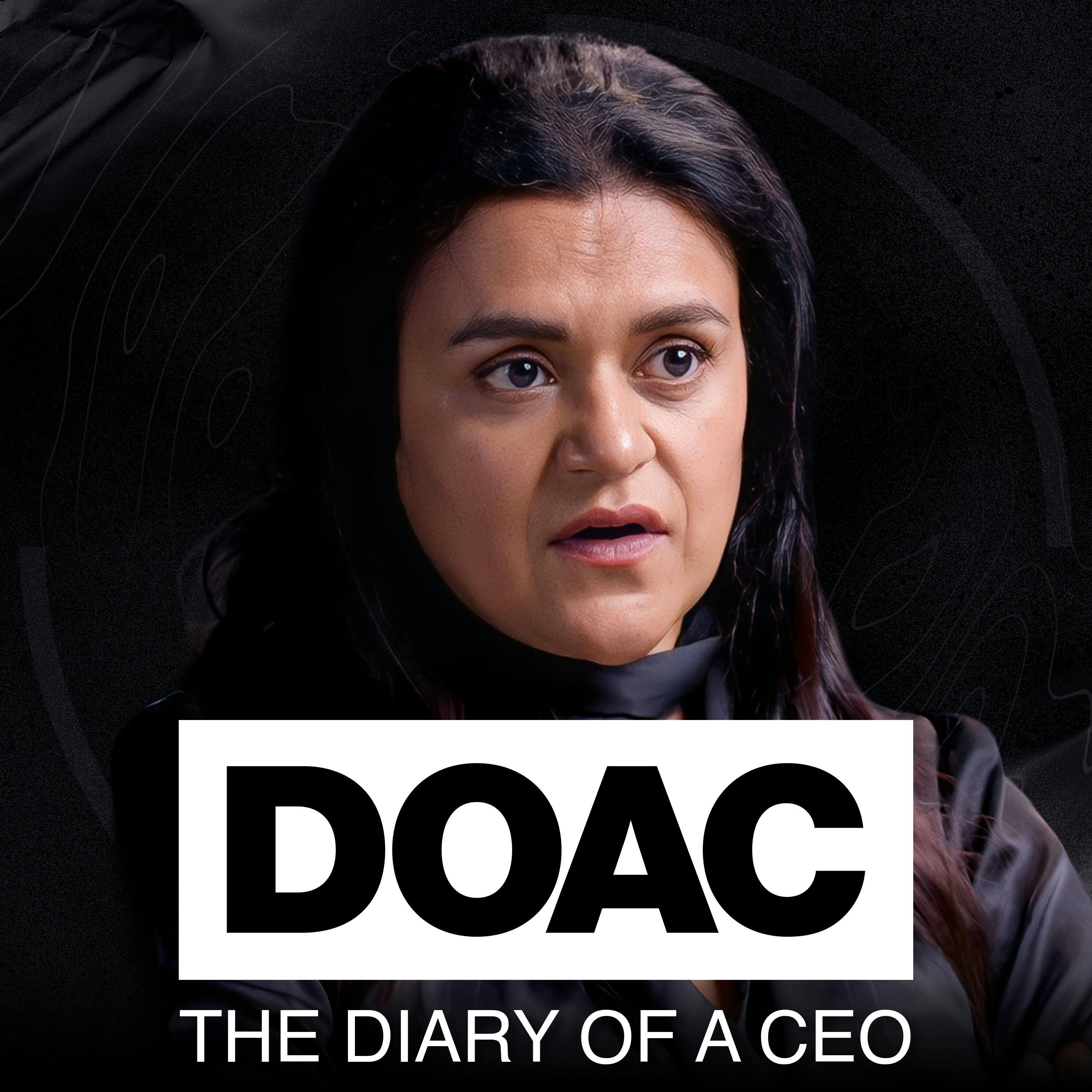A new survey by global children’s charity, Plan International UK, has found that nearly three quarters of girls and young women in the West Midlands have experienced unwanted sexual attention, unwanted sexual or physical contact, or indecent exposure in public.
The survey of girls and women, aged between 14 and 21, found that 40 per cent are receiving verbal harassment like catcalling, wolf whistling and sexual comments once a month or more, while 17 per cent are being touched, groped or grabbed every month. A huge 42 per cent of girls said they have been followed in public. 18-year-old Raisa from Birmingham was harassed in her local park. She said:
"A few years ago, I was skateboarding around my local park after school. When I sat down under a tree, some guy came and sat next to me. He started asking me how old I was, and I said I was 15.
“Even though he knew I was underage he just sat there, then he moved in closer. I got up and he said to me, ‘Oi! Give me your number!’ I turned and tried to walk on, and he stood on the path looking directly at me. I just carried on walking and didn’t look back.
“I wanted to tell someone about it but I didn’t tell anybody, I wish I could have but at the time I couldn’t.”
Raisa is not alone in not telling anyone what happened. Half of girls in the West Midlands who have been sexually harassed in public didn’t tell anyone about their experience on at least one occasion, despite 88 per cent saying they had been negatively affected by the harassment.
Last month, following a campaign by Plan International UK, the government officially recognised street harassment as a form of gender-based violence in its Violence Against Women and Girls strategy. The charity is now calling on the local Police and Crime Commissioner, David Jamieson, to introduce a regional victims strategy to end violence against women and girls in the West Midlands that includes street harassment. Tanya Barron, Chief Executive of Plan International UK, said:
‘It’s shocking that on average girls in the region are having their first experience of sexual harassment in public at the age of 14, and that this behaviour is so normalised they aren’t even telling anyone what’s happened to them.
"By updating the Victims Strategy to include street harassment and recognising it as a form of gender-based violence, the Police and Crime Commissioner for the West Midlands will send a clear message that this type of behavior is not OK. It would also allow local councils to begin working with the police to tackle the problem, creating real change for girls and women in the region.”
To find out more about Plan International UK’s ‘It’s Not Okay’ campaign, you can visit plan-uk.org/streetharassment.












Comments
Add a comment